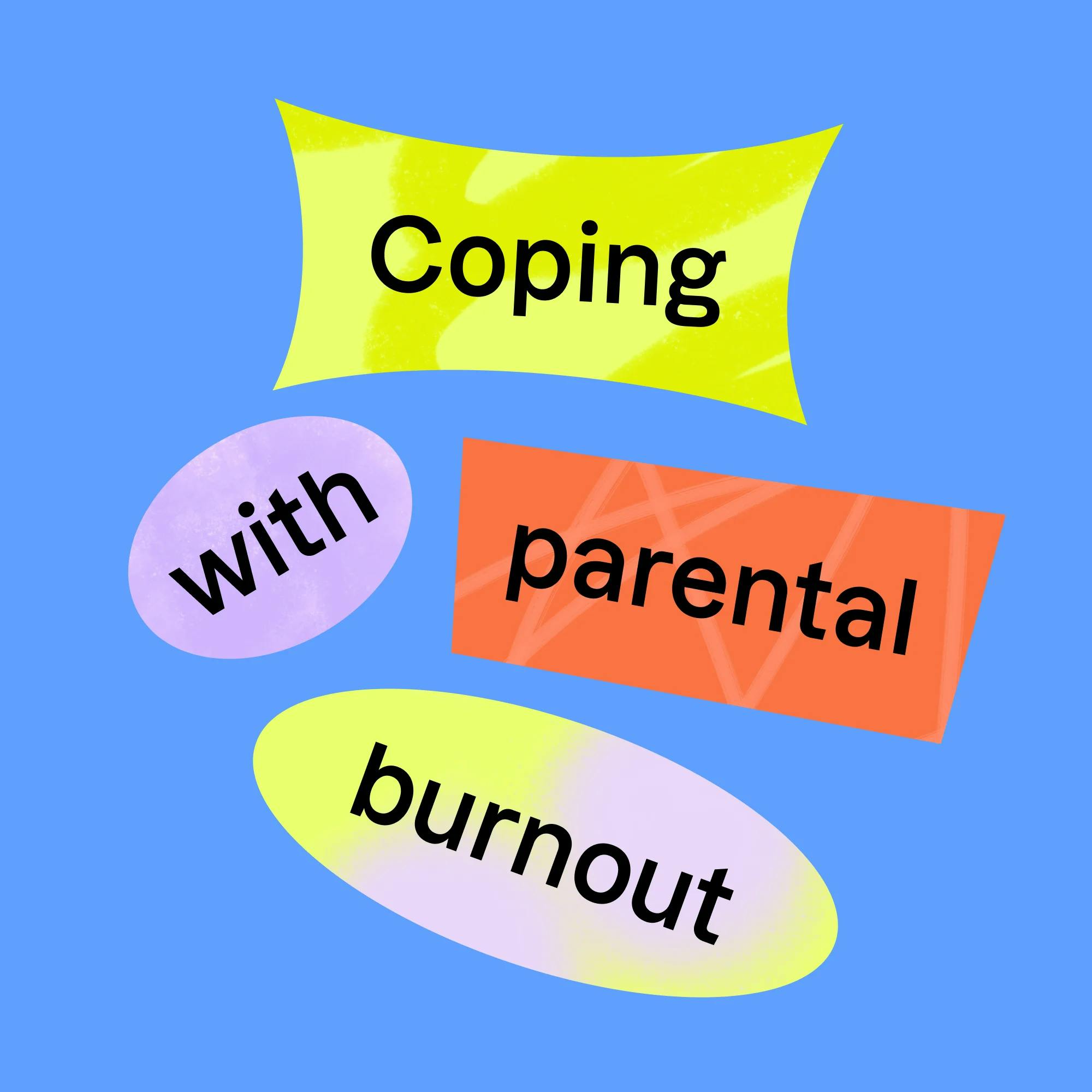
New Research: A New Mom’s Mood Can Affect Her Baby’s Language Development
 Leanne Sherred, M.S., CCC-SLP
Leanne Sherred, M.S., CCC-SLP
Your baby may not be able to answer you yet, but it’s incredibly important to talk to them anyway. Many studies have shown the impact of talking to your baby, starting right when they’re born. Humans learn language by hearing it. And the more your baby hears a wide variety of words, spoken in an engaging tone, pitch, and rhythm, the more successful their own language development will be.
Now, new research is showing just how important that engaging tone and pitch can be.
What did the study assess?
Researchers looked at how the mood of mothers in the first six months after birth affects their baby’s development. To do this, they investigated how well babies can distinguish speech sounds from one another, depending on their mother's mood.
If sounds can be distinguished from one another, individual words can also be distinguished. This builds a strong foundation for language development. Early problems with that development can increase the risk for language problems later on.
The study was conducted by researchers at the Max Planck Institute for Human Cognitive and Brain Sciences. The results were published in the journal JAMA Network Open.


What happened in the study?
The study included 46 mothers and their infants. The mothers filled out a standard questionnaire about their mood when their babies were 2 months old.
To assess the babies’ language development, the researchers used electroencephalography (EEG) to measure how well they could tell speech sounds from one another. A specific EEG signal shows how well the brain processes and distinguishes between different speech sounds. The researchers recorded this reaction in the babies at the ages of 2 and 6 months while presenting them with syllables such as "ba," "ga," and "bu.”


What were the study findings?
The researchers found that children whose mothers have a mild depressive mood show early signs of delayed language development. If mothers had a negative mood two months after birth, their children showed a less mature processing of speech sounds at age 6 months. The infants found it hard to distinguish between syllable pitches, which could increase the risk of a speech disorder later in life.
Children whose mothers have a mild depressive mood show early signs of delayed language development.
The reason for this could be the way the women talk to the newborns. Mothers who have a depressive mood may be using more monotonous or flat speech.
“We suspect that the affected mothers use less infant-directed-speech,” explains Gesa Schaadt, professor of development in childhood and adolescence at FU Berlin and first author of the study. “They probably use less pitch variation when directing speech to their infants.” This leads to the children having a more limited perception of different voice pitches, she said.


What does this research mean for parents and caregivers?
The first few months with a new baby can be stressful, sleep-deprived, and overwhelming. As we explain below, the majority of new moms experience the “baby blues” to some degree. But this study shows how important it is for parents to try to use infant-directed speech with their babies. Speech therapists call this “parentese” (you may know it as “baby talk”!). It involves varying the tone and pitch of your voice and speaking in an engaging way, emphasizing certain parts of words more clearly.
The results show how important it is for parents to use infant-directed speech with their babies.
So how should you talk with your baby? Here’s what parentese sounds like:
Speaking at a higher pitch
Speaking slowly and clearly
Elongating your vowels (for example, “Let’s read a boo-oo-k”)
Exaggerating your facial expressions (such as using lots of happy, surprised, or sad faces when playing together)
Using a variety of engaging tones of voice
One important note: To help children with their language skills, the adult still needs to use proper speech and correct grammar, even if we’re changing the melody of our voice. For example, we wouldn’t want to say “Let’s put the shoezies on your widdle toesies!” when we mean “Let’s put your shoes on!”
Check out this quick (and adorable!) video showing parentese in action.


Finding help for the “baby blues”
The study also shows how essential it is for new parents to get the support they need. Mood shifts after birth are very common. In fact, up to 80% of all people who deliver a child experience “the baby blues.” They may have symptoms such as feeling sad, anxious, overwhelmed, or irritable. One in 8 women will develop postpartum depression, which is more severe and longer-lasting.
Up to 80% of people who deliver a child experience the baby blues.
Baby blues aren’t just felt by first-time parents. You can have the baby blues when you give birth again. And postpartum mood changes aren’t limited to mothers; it’s estimated that up to 10% of fathers or partners also experience postpartum depression. Adoptive parents can experience the baby blues and depression as well.
With how common the baby blues are, it’s important to understand that these feelings are normal, and there are ways to feel better. The March of Dimes offers some helpful information. New parents experiencing a depressive mood can try the following:
Get as much sleep as you can.
Ask for help from your partner, family, and friends. Tell them exactly what they can do for you, such as helping with meals or watching the baby while you sleep.
It’s not selfish to take time for yourself! Ask someone you trust to watch your baby so you can get out of the house.
Try to connect with other new parents, such as through a support group or a neighborhood group.
Eat healthy foods and get exercise if you can. Exercise can help reduce stress, especially if you’re able to get outside.
You should call your health care provider if the baby blues don’t go away after two weeks, if you’re having trouble taking care of your baby, or if you have thoughts of harming yourself or your baby. Here are more resources for support and information:
Depression during and after pregnancy: A resource for women, their families and friends, from the U.S. Department of Health and Human Services
“Baby Blues” or Postpartum Depression?, a video from the National Institute of Mental Health
Crisis Text Line, text HOME to 741741
Postpartum Support International, 800-944-4773
How Expressable Can Help
Concerned your child isn't reaching age-expected milestones? Looking for communication support from a professional? Expressable is a national online speech therapy practice serving children and adults. We treat all major areas of communication and feeding, offer flexible hours including evenings and weekends, and accept most major health insurance plans. We’re proud to have earned more than 3,000 5-star reviews from our clients (4.9/5 average).
Our therapy model is centered on parent and caregiver involvement. Research proves that empowering caregivers to participate in their loved one’s therapy leads to better outcomes. That’s why we combine live, 1-on-1 speech therapy with personalized education and home practice activities for faster progress.
Communication is more than words. It’s how we share how we feel and show who we are. We’re here to help you or your child do just that.










